Let's say you're playing with someone who doesn't like to be close to the net to hit their volleys. Meanwhile, you like to be fairly close to the net. You might want to take advantage of that and cut off a ball going to them because you're closer to the net, have the more shot options and the better percentage due to your position.
Whoever is further behind the net will have a volley that is lower, slower, tougher to hit and forces that person to hit more of a defensive volley rather than the player closer to the net.
Teams With Varying Skill Levels
If your doubles team has one player who is better than the other, the stronger one may naturally take over and hit the ball if it's hit down the middle. He or she may react quicker and have more confidence to hit the volley.
More: How to Build Your Doubles Dream Team
The only problem is that the stronger player must be aware of what their partner is thinking. The weaker player may tend to let some balls go thinking the better player would get them. In that case, the stronger player will always have to be ready to move even if the ball is hit a little closer to the weaker player. This also forces the better player to cover more court while at the net.
Communication
Communication is a key element in doubles and the better you know your partner's game the better team you'll make. A lot depends on how well you know your partner and how many times you have played together as a team. Knowing when you need to hit the ball and knowing when to let your partner to hit the ball will make your team more successful.
More: 3 Shots You Need For Doubles-and 3 You Don't
 Search for your next tennis event.
Search for your next tennis event.
- 2
- of
- 2
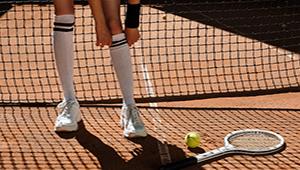

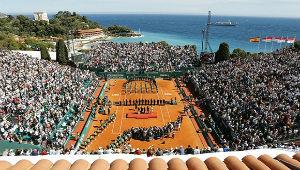
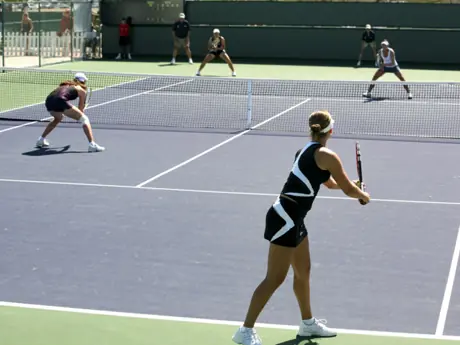
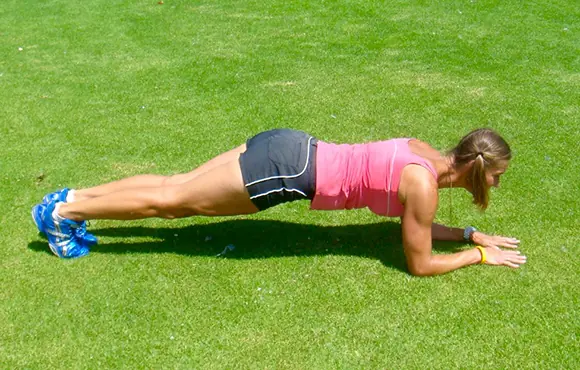
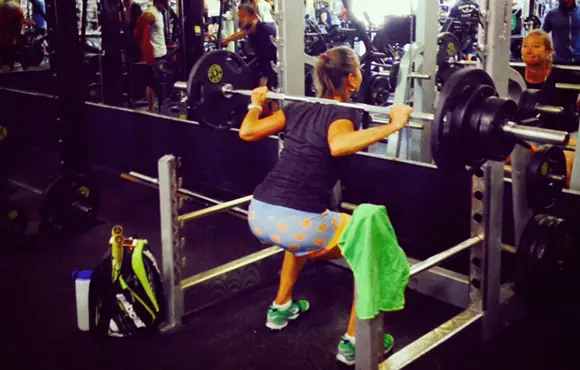

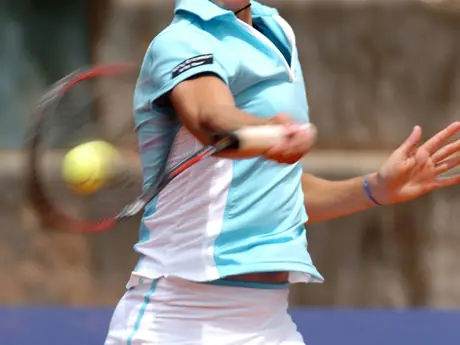
Discuss This Article